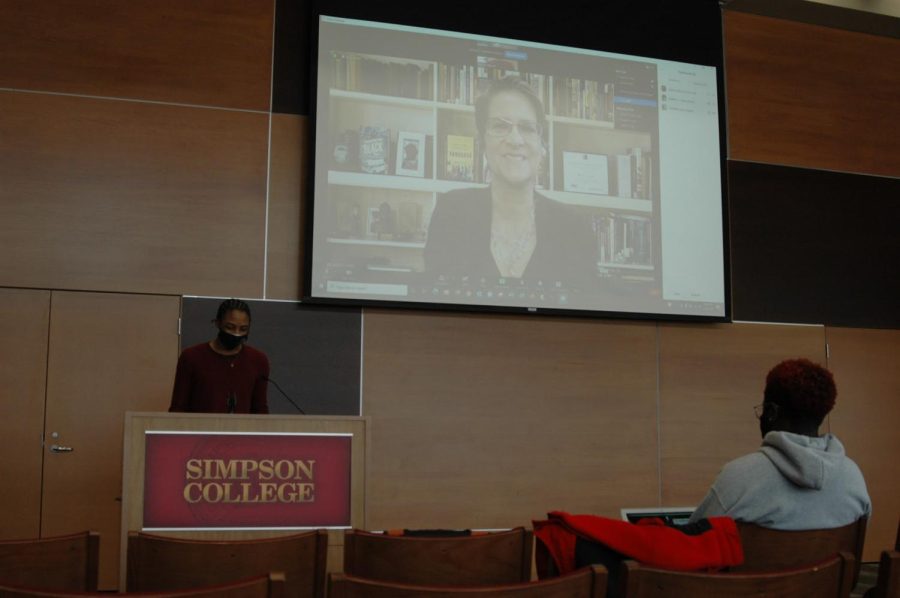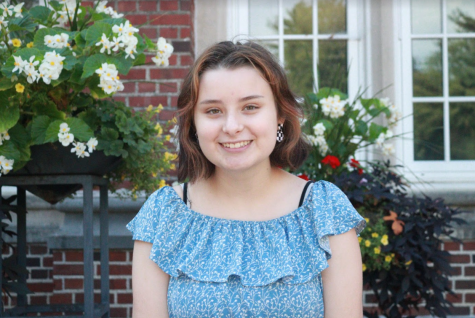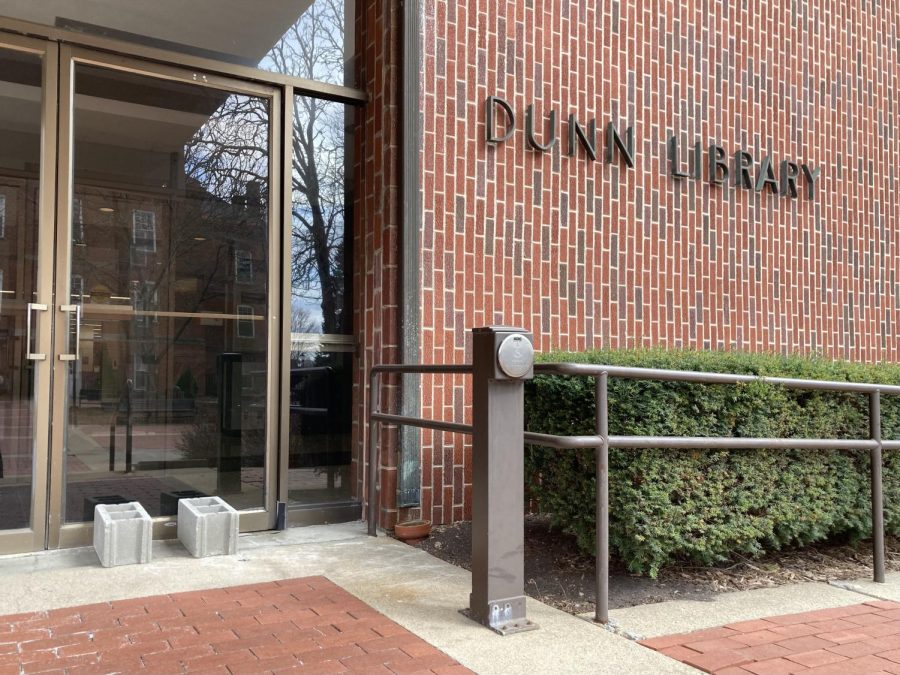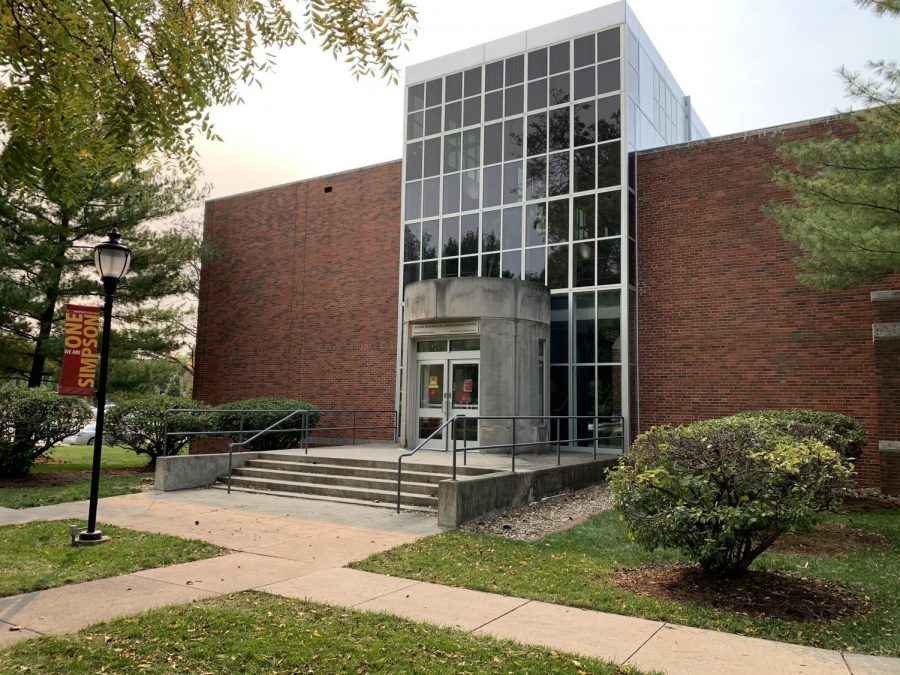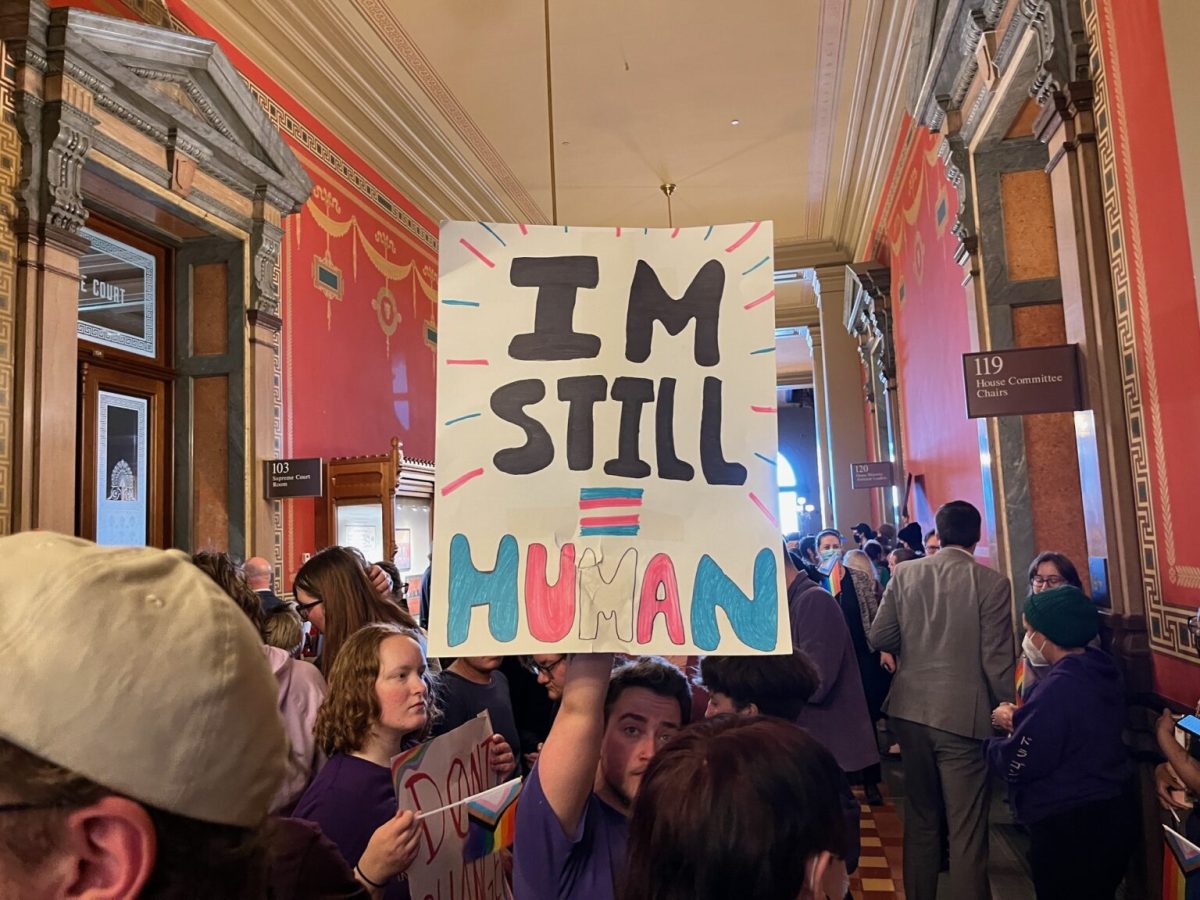Martha S. Jones delivers as part of Black History Month lecture series
Martha S. Jones presents via Zoom as part of Simpson’s Black History Month lecture series
February 16, 2022
Dr. Martha S. Jones, professor of history at Johns Hopkins University and author of “Vanguard: How Black Women Broke Barriers, Won the Vote, and Insisted on Equality for All”, delivered a lecture to Simpson College via Zoom as part of the college’s Black History Month series on Feb. 16.
Jones talks about how the classic story of women and voting in the United States typically starts in 1848 at a gathering in Seneca Falls, N.Y. and culminates in 1920, with the passing of the nineteenth amendment. However, she contends there is a great deal more to the story, especially as it relates to Black women.
“Nothing was going to keep the states who desired to from preventing Black women from registering to vote. Nothing in the nineteenth amendment promised to end the intimidation and violence that threatened Black women who came out to polling places in the fall of 1920,” Jones said.
Jones explains that the story of the nineteenth amendment is not just about the expansion of voter rights but the rise of voter suppression.
“There are two myths that surround the nineteenth amendment,” Jones said. “The first myth goes something like ‘when the nineteenth amendment became law, all American women won the vote.’ …The second myth, though, is one that almost goes counter to the first. The second myth takes the view that in 1920, no Black woman gained the vote—that racism kept all Black women from the polls, and this wasn’t quite true either.”
Jones says the nineteenth amendment did not promise or guarantee any women the vote. State laws still kept many women from voting based upon their age, citizenship, residency and mental competence.
“In the fall of 1920, as women show up to register to vote, they confronted many sorts of hurdles, even if sex was no longer one. There’s one additional barrier to women voters that persisted even after the federal amendment and that was racism,” Jones said. “It’s true that the 15th amendment in 1870, 50 years before, had expressly forbid states from denying the vote because of race, but by 1920, lawmakers of the South and in the West had set in place hurdles that had the net effect of disenfranchising Black Americans: poll taxes, literacy tests and more effectively kept Black men from casting their ballots.”
Jones tells the story of Black women in St. Louis who ran suffrage schools where they prepared for the chance to register to vote. Women were taught how to pay poll taxes, how to pass literacy tests and more. Both Black and white women attended such schools.
“When Black women in St. Louis register [to vote], yes, they are fulfilling the promise of the nineteenth amendment, but they are also preparing to use their votes in an effort to defeat new discriminatory laws that are being passed by way of voter referenda.”
Jones talks about how Black women were able to mobilize their vote. Black women in Chicago had a strategy on election day.
“They vote as a block: they deliberate about candidates, they promote, support, and when it’s time to cast their ballots, they vote as a block, knowing that even if they’re numbers are small, if they use them in concert, they can shift the outcome on election day,” Jones said.
Jones closed the lecture by encouraging people to consider how the story of Black women and the nineteenth amendment helps to inform oneself when looking at today’s political landscape.
The event was co-sponsored by the Simpson College Black Student Union; Culver Public Policy Center; Department of History; Office of Diversity, Equity, and Inclusion; and Department of Women’s & Gender Studies.
Jones is a legal and cultural historian whose work examines how black Americans have shaped the story of American democracy. She has written for publications such as the New York Times, Washington Post, the Atlantic, USA Today and more.



